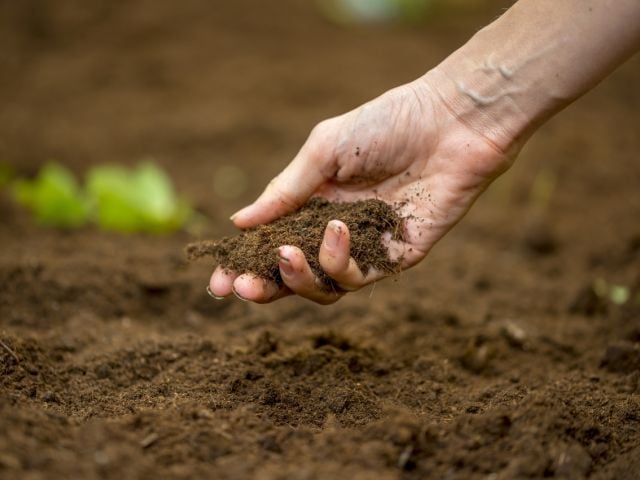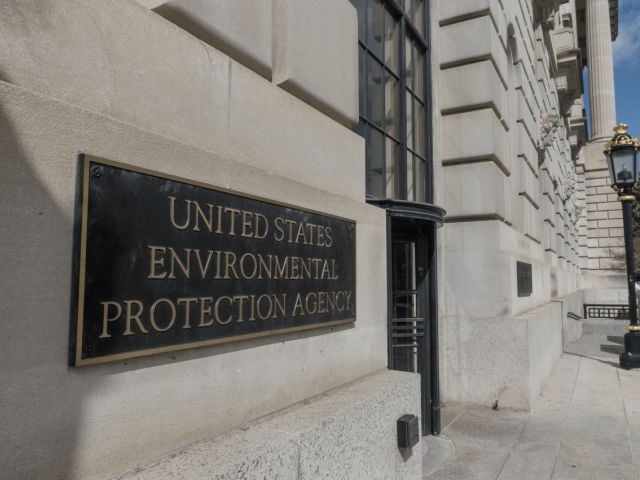
Law professor Neil Hamilton penned a harsh critique of the Farm Bureau's dangerously shortsighed opposition to climate change legislation in a guest column in yesterday's Des Moines Register. Hamilton is director of the Agricultural Law Center at Iowa's Drake University. He and Drake students will be traveling to Copenhagen next month for the United Nations climate change negotiations as part of the Iowa U.N. Association delegation.
Others, like the American Farm Bureau Federation, oppose cap and trade - and appear uninterested in what the world may do. Farm Bureau members are being encouraged to protest to Congress "don't cap our future," arguing agriculture will suffer increased energy costs with no corresponding economic benefits. Studies show the proposed legislation will have limited impacts on farm costs and Secretary of Agriculture Tom Vilsack argues the law will open new streams of farm income from offsets and carbon markets.Agriculture's opposition to cap and trade is delaying progress on legislation to reform U.S. energy policy. The lack of progress has already led to scaling back expectations for what might happen in Copenhagen. But remember the saying, "If you aren't part of the solution, you are part of the problem."
We shouldn't delude ourselves the rest of the world won't act without us or that we are immune from either the natural effects of climate change or the political effects of policies developed in our absence.
Our lack of engagement threatens to make U.S. agriculture the "problem" other nations address and risks development of an international agreement adverse to U.S. interests. Ironically, the opposition may also jeopardize our ability to engage in international markets and the trade negotiations central to continued growth of American agriculture.
The opposition to climate-change action is puzzling given agriculture's support for biofuels like corn ethanol as the "answer" to our energy needs. America's farmers have a successful history of innovating to meet new demands. But U.S. politics on cap and trade has become largely a question of "What is in it for me?" rather than focusing on how agricultural practices can help address climate change.
And:
American agriculture is fond of congratulating itself for "feeding the world," even if the claim is far from true. The reality is most of the world tries to feed itself. The tragedy is that over 1 billion go hungry today, and climate change threatens even more. America may not feed the world, but we have long claimed a central role in leading it.
EWG has been making many of the same points both in our recent report, Crying Wolf, in our point-counterpoint with the Farm Bureau and in a Q and A with the Delta Farm Press. Agriculture has far more to lose with actual climate change than with climate change legislation.


